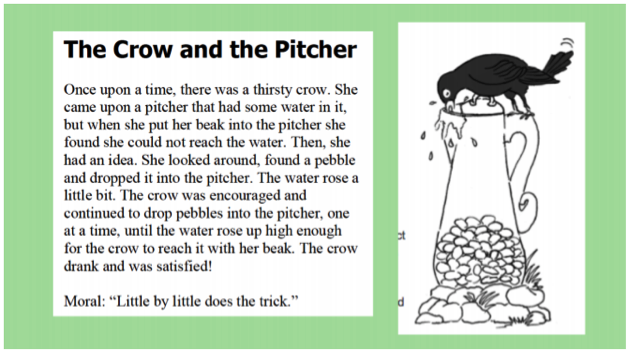Immersion: Normandy Field Trip
Last term the Grade 8's went on a field trip to Normandy, France to complement what has been happening in the Social Study classes (and for some of them also what they have been learning in Languages). The trip contained many different aspects historically but also a few opportunities culturally.
AIM
Ultimately, the aim for students was to ask questions, seek answers, use primary and secondary sources, look critically at evidence, infer causes, consequences, motivations and understand perspectives. Students recorded notes and diagrams into a booklet and were asked to write an essay during their social studies class once they returned to school.
It was a massive undertaking! The preparation pre-departure was mammoth, but very much worthwhile. The logistics of the coaches, accommodation, booklet creation, food allergies, media resources (clips and footage to show at a locations or on the way ), medical information, passports...the list goes on!!
LOCATIONS
The year level was split in to 3 groups. Each had their own coach and historian. There were three "itinerary days" which the coaches (AKA "moveable classrooms") rotated through. One is as follows:
Day 1: Ponte du Hoc, Omaha Beach, US Military Cemetery at Coleville-sur-Mer, Longues-sur-Mer Battery, Vergers de Fumichon cider press (Cultural Point)

Day 3: Le Memorial de Caen (Caen Peace Museum) , German Military Cemetery, Airborne Troops Museum at Sainte-Mere-Eglise, Utah Beach
REFLECTION
This field trip had a great effect on students, but also me. I learnt so much on this trip and found it such a powerful learning experience to hear the stories, see the geography, footage and artifacts from each location first hand. It created such a bigger and more vivid overall picture. The connections the students made, conversations and questions were quite astounding.
The whole Grade 8 team went on the trip. At first it might seem a little strange a math teacher going on a Social Studies tour, but the real benefit was when we returned back to school. I was able to talk about and connect back to what I saw and heard on the trip with my students. Even though its not my strong point, I could call on my feelings, insights or memories which was a great benefit.
I am really grateful for this trip. Its given me such a deeper understanding and appreciation of the events of WW2.
AIM
Ultimately, the aim for students was to ask questions, seek answers, use primary and secondary sources, look critically at evidence, infer causes, consequences, motivations and understand perspectives. Students recorded notes and diagrams into a booklet and were asked to write an essay during their social studies class once they returned to school.
It was a massive undertaking! The preparation pre-departure was mammoth, but very much worthwhile. The logistics of the coaches, accommodation, booklet creation, food allergies, media resources (clips and footage to show at a locations or on the way ), medical information, passports...the list goes on!!
LOCATIONS
The year level was split in to 3 groups. Each had their own coach and historian. There were three "itinerary days" which the coaches (AKA "moveable classrooms") rotated through. One is as follows:
Day 1: Ponte du Hoc, Omaha Beach, US Military Cemetery at Coleville-sur-Mer, Longues-sur-Mer Battery, Vergers de Fumichon cider press (Cultural Point)

Day 2: Pegasus Memorial, Sword Beach, Juno Beach, Arromsnches 360 cinema of WW2, Mulberry Harbour, Gold Beach, British & Commonwealth cemetery, Bayeux (Cultural Point, free time, optional visit to Bayeux Tapestry), dinner in Caen (cultural point)Day 3: Le Memorial de Caen (Caen Peace Museum) , German Military Cemetery, Airborne Troops Museum at Sainte-Mere-Eglise, Utah Beach
REFLECTION
This field trip had a great effect on students, but also me. I learnt so much on this trip and found it such a powerful learning experience to hear the stories, see the geography, footage and artifacts from each location first hand. It created such a bigger and more vivid overall picture. The connections the students made, conversations and questions were quite astounding.
The whole Grade 8 team went on the trip. At first it might seem a little strange a math teacher going on a Social Studies tour, but the real benefit was when we returned back to school. I was able to talk about and connect back to what I saw and heard on the trip with my students. Even though its not my strong point, I could call on my feelings, insights or memories which was a great benefit.
I am really grateful for this trip. Its given me such a deeper understanding and appreciation of the events of WW2.







Comments
Post a Comment